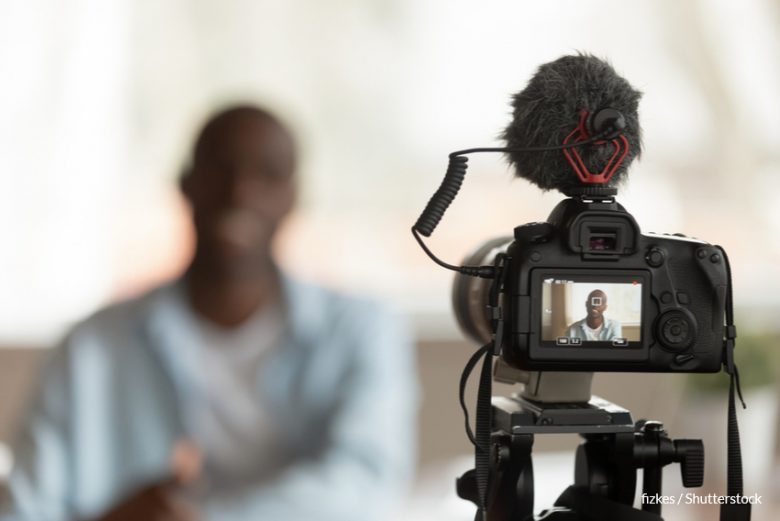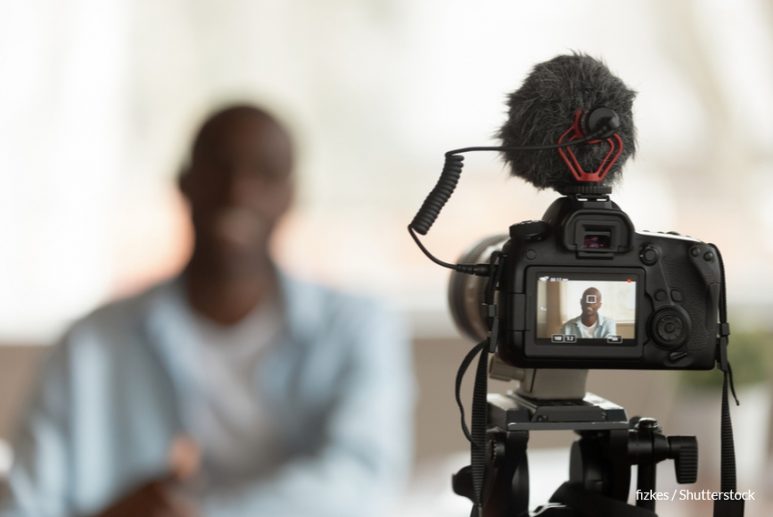By Mohammed Taoheed
In Nigeria, disability reporting is rarely done by local newsrooms. This is because access to information and essential services for people with disabilities is limited, as it often is across the world.
This situation highlights the need to address barriers to accessibility and inclusion in all areas to ensure media literacy and right to information are guaranteed, as stated by the United Nations Educational, Scientific and Cultural Organization (UNESCO).

‘Too large a number to ignore’
As of 2022, data shows that over 29 million Nigerians are living with some form of disability. Unfortunately, their stories are highly underreported in the media. .
Determined to change the narrative, some Nigerian newsrooms are prioritizing disability reporting alongside focusing on their major beats while others are working on how to make news reports more accessible.
Since its inception in December 2018, the BONews Service, an online publication, has been covering extensively issues affecting persons living with disabilities (PWDs).
“Media organizations do not give adequate representation to PWDs in their reporting. We came up with a desire to spotlight and raise awareness about them by filling this gap,” Blessing Oladunjoye, the publisher, told MDI.
“Nigerian newsrooms need to begin putting a lens on reporting disability because that is the way to go towards achieving an inclusive society.”
Oladunjoye said that her team collaborated with volunteers during the 2023 general elections to specifically report on the political participation of disabled persons — looking at whether they are disenfranchised or not, and their access to assistive devices provided by the electoral commission of the country.
Following the voting exercise, she produced this report, 2023 Elections: PWDs Participated Massively, But Not without Numerous Challenges, and one of the volunteers documented the challenges faced by persons living with disabilities.
‘A future that leaves no one behind’
Like BONews, TheCable, a leading investigative outlet, built a mobile news app to allow PWDs access to stories without hitches.
Launched in May 2023, it is regarded as Nigeria’s first disability-friendly news application and it hosts assistive features to ensure persons with visual impairment, auditory challenges, and some limb challenges get access to the news with ease.
Before launching the app, the newspaper had produced a lot of critical reporting on disability matters. “The media [has] unconsciously left a lot of people behind, a lot of persons with disabilities. This is our commitment to leave, and we hope other key players in the media industry in Nigeria will join us,” said Mayowa Tijani, the project coordinator.
In October 2022, the development desk of the outlet published an investigative story that exposed how, despite there being a law requiring public buildings to cater for people with disabilities, many PWDs struggled to access airports.
Following its publication, the authorities reacted by promising they would upgrade airport facilities across the country to provide easy access for an inclusive flight.
“The aim of the app is to promote disability inclusion by providing PWDs with equal access to news and information. This is important because PWDs are often marginalized and excluded from mainstream society, including from access to information and the media. The app is tailored to their needs and requirements,” Kolapo Olapoju, TheCable’s editor, told MDI.
Why and what matters?
As the world tends to become more diverse, newsrooms need to realize that it is their responsibility to prioritize inclusive reporting. Managers of media outlets should not only encourage the employment of disabled journalists, but also cover issues affecting PWDs.
Research conducted by the World Economic Forum found that diverse newsrooms are essential for the betterment of any media institution that prides itself on providing news content that reflects an accurate representation of the world we live in today.
By incorporating inclusive reporting within Nigeria’s information space, a better media can be built to capture stories which cut across all sections of society.
“Hiring disabled persons in a newsroom can foster inclusion and diversity bringing different and unique perspectives to journalism, this inclusivity can result in more comprehensive and empathetic news coverage, better reflecting the experiences and concerns of a broader audience,” said the physically-challenged Hamzat Ibrahim Abaga, a communication officer at the Center for Inclusive Media and Education, Nigeria.
Experience has shown that inclusive coverage provides strong representation of people, shapes the trust of the audience and can make newsrooms more profitable.
‘Nothing about us, without us’
Julie Metraux, a US-based disabled journalist and current fellow at Mother Jones, opined that reporting on disability not only contributes to more inclusive practices but also better captures their realities.
“It’s very important to include the voices of disabled persons in our daily reportage. Not doing so ignores the disability slogan “Nothing About Us Without Us but don’t write disability as being bad,” she urged.
Yinka Olaito, the managing editor of Nigeria Grassroot News and disability expert, said newsrooms must build necessary skills for disability and inclusion reporting professionally.
“There’s a growing need to create a new beat [separately] for this type of reporting like we have the niche for investigative and climate stories.”
“Getting a job as media personalities within newsrooms as persons with disabilities is still a big challenge. A few media houses in Nigeria see making efforts in this regard but the gap is still lucid.”

